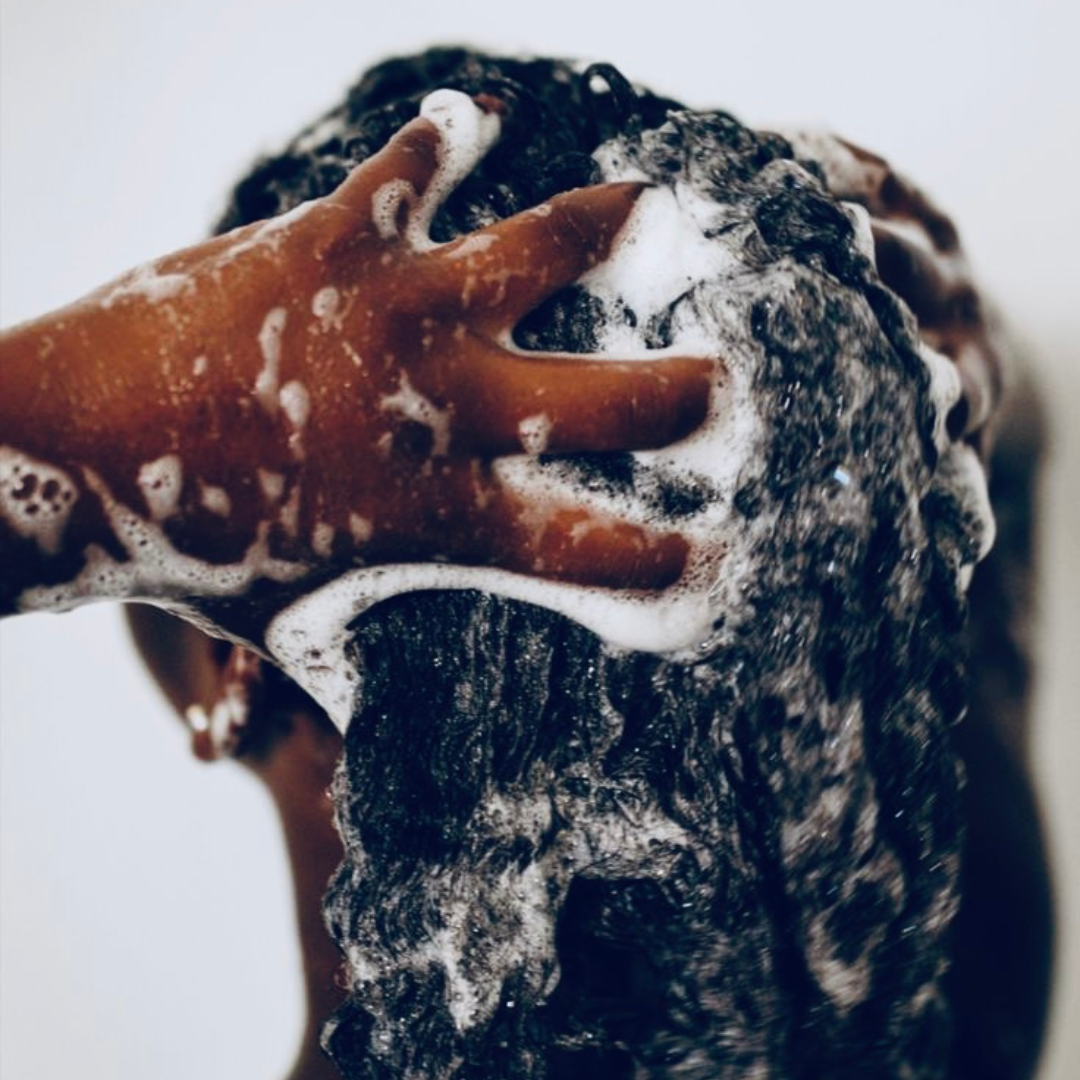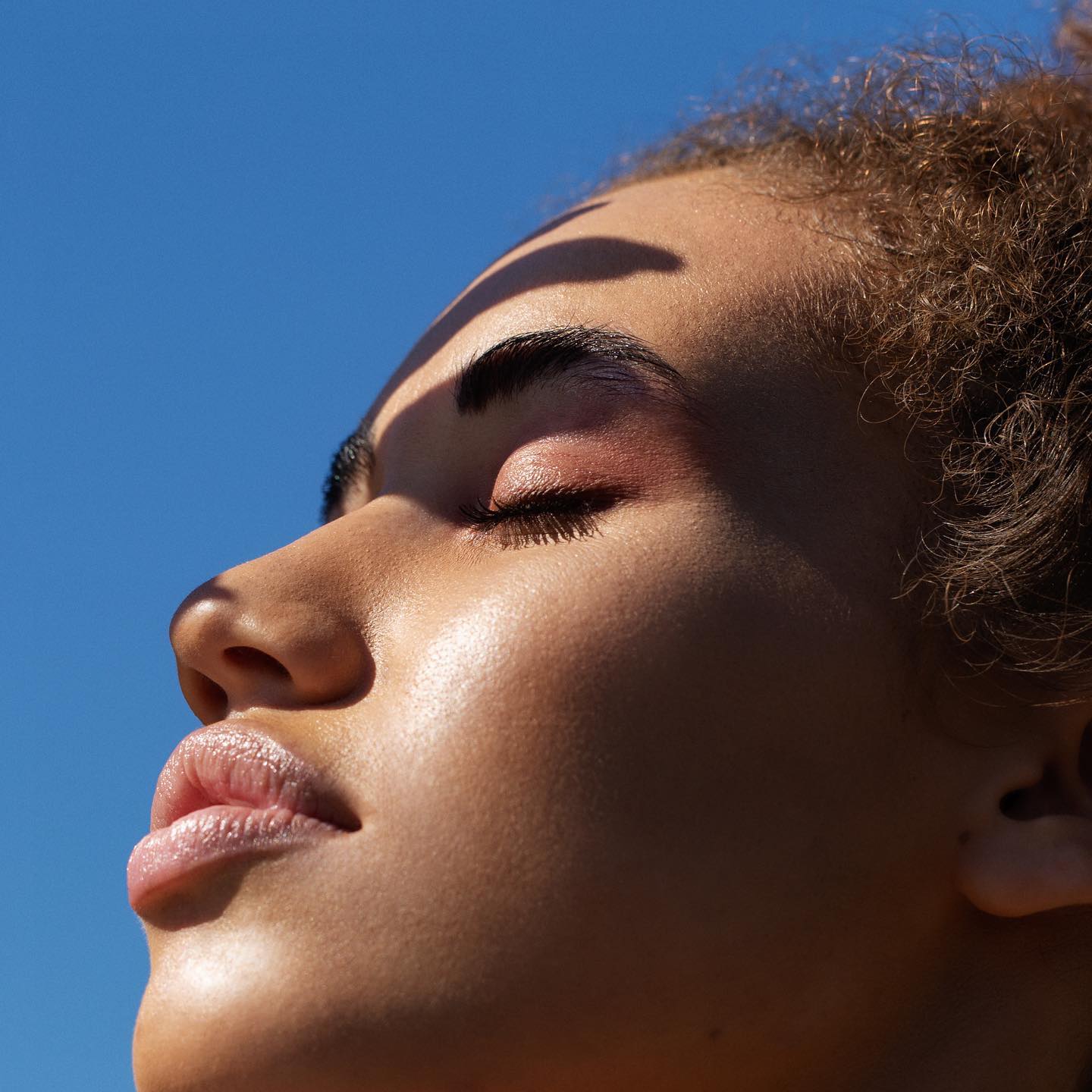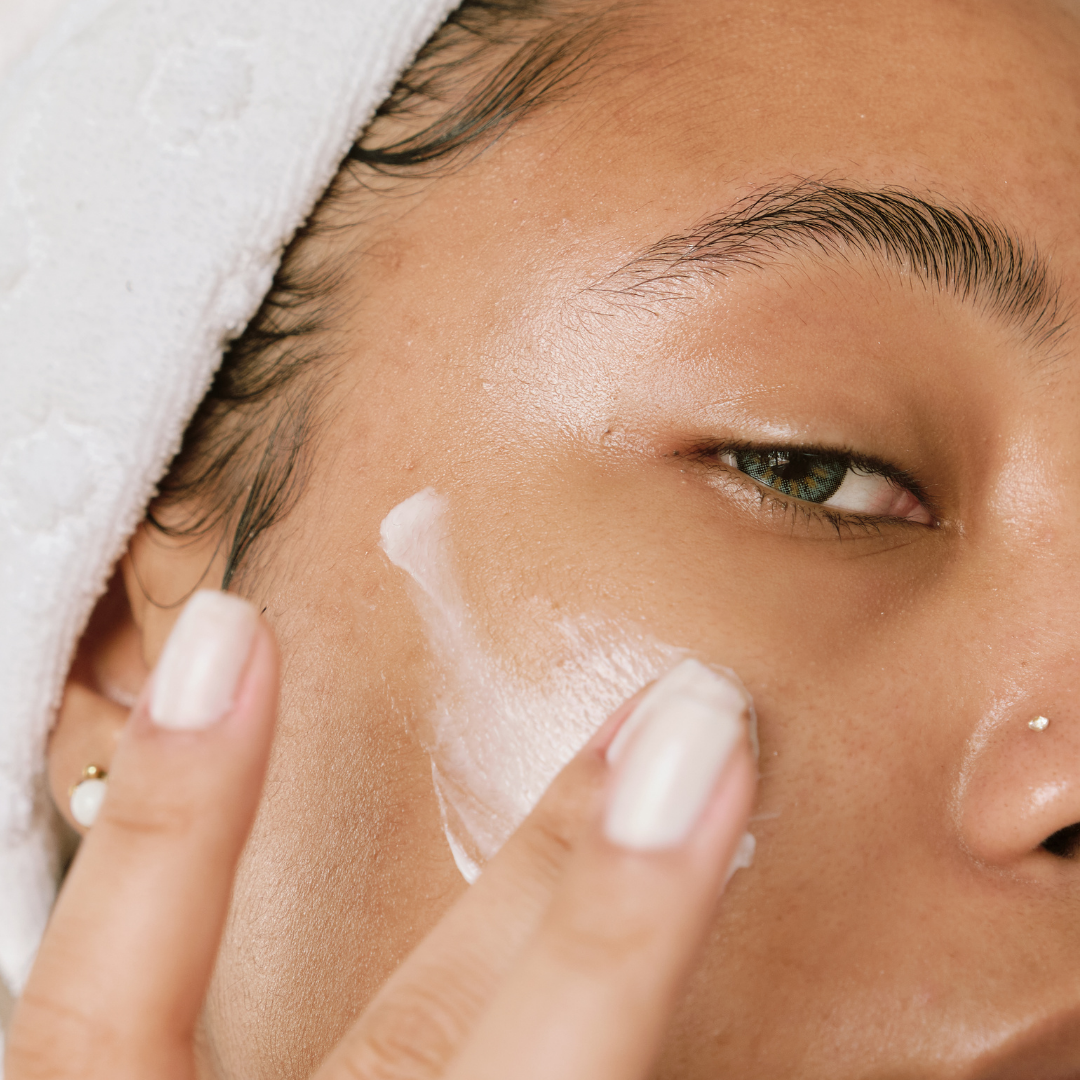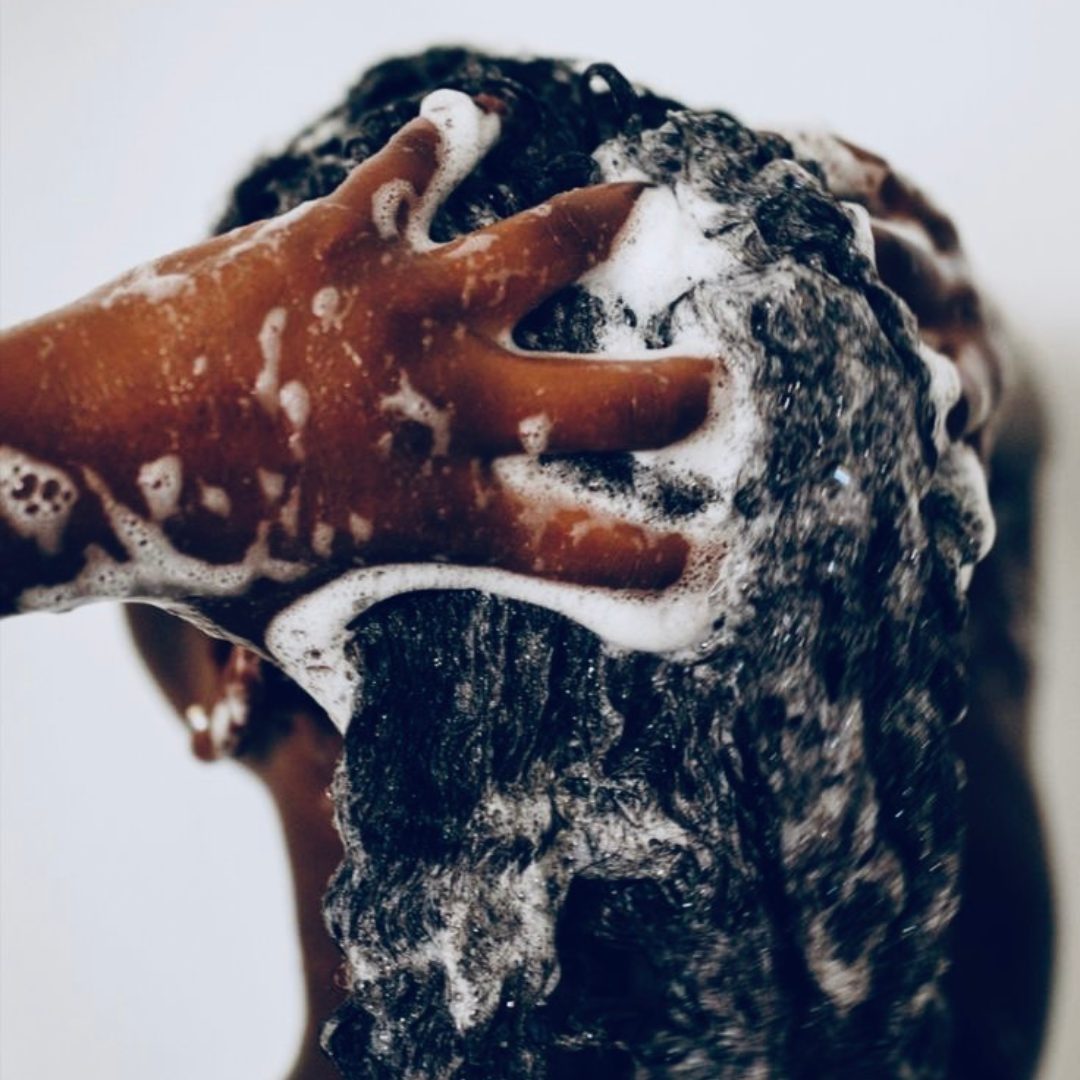
What Is Your Skin Type?
Do you have oily skin, dry skin...a combo? Understanding your skin type will help you know how to care for your complexion and develop a skincare routine that is specific to you.
The most important step in caring for your skin comes in understanding your specific skin type and how it adapts to certain circumstances or seasons. Your skin is your body’s largest organ and is just as complex and intelligent as your heart, lungs, and other vital organs. Taking the time to learn your skin’s specific needs will help you choose the right options that will balance skin, resulting in a healthier, more radiant complexion.
Every person’s skin is unique, but there are a few common skin types that may help you identify where your skin fits in the most. The four main skin categories are Normal, Oily, Dry, and Combination. However, skin can change as you age, and other factors like genetics, or illness can play a part. The first step is to determine your skin type at this very moment. Therefore, follow these simple, easy steps to determine your skin type at home:
*How to determine your skin type:
Step 1:
Wash your face thoroughly with a gentle cleanser and pat dry. Leave skin bare (and do not apply any additional moisturizers, serums or treatments). Make sure all makeup residue is removed before you start to give your face a fresh start. Try not to overwash.
Step 2:
Wait an hour. Your skin should return to it's normal state, helping you determine your type. Act normally and try not to touch your face. Examine your cheeks, chin, nose and forehead for any shine. Evaluate whether your skin feels parched, especially if you smile or make any other facial expressions.
Step 3:
Gently pat a blotting paper on the different areas of your face. Hold the sheet up to the light to determine how much oil is visible. Pay attention to the T-zone - the area of your forehead and nose.
*Four skin types:
Normal
Results... If there is a small amount of shine all over your face, with no flakiness and the blotting sheet reveals very little oil your skin is mostly likely normal.
What it is... Normal skin has a good balance of moisture, neither oily nor dry. It should be supple and smooth, have small pores and an even skin tone. (If this is your skin type, lucky you!) However, even those with normal skin still can feel a bit of dryness or a bit of oiliness or see signs of combination skin with occasional clogged pores.
Goals... What you want to avoid are products that will cause problems. The goal for normal skin is prevention.
Oily
Results... If there is shine on your cheeks, in addition to your forehead and nose, and the blotting paper is saturated with oil, it is extremely likely that you have oily skin.
What it is... Oily skin is skin that produces an excess of oil or sebum on the face. Sebum keeps the skin moisturized, flexible and acts as a barrier to protect the skin from bacterial and fungal infections. However, sebum also has tendency to block pores thus creating small blemishes. Oily skin does have certain advantages: it tends to be less sensitive to irritation and ages better.
Goals... The goals for oily skin are to quiet the skin from irritation, keep pores clean, and reduce oil production.
Dry
Results... If your skin feels tight and the sheet picked up little to no oil, you most likely have dry skin.
What it is... Dry skin suffers from a lack of natural moisture. There is little to act as a surface barrier and lock in moisture. Dry skin may feel taut around the face, and skin is often irritated. Flaking is often a symptom, but not always a sure sign of dry skin.
Goals... The goals for dry skin are to sooth the skin, hydrate, and lock in moisture.
Combination
Results... If there is a noticeable shine on your nose and/or forehead and the blotting sheet reveals oil from the forehead and nose areas, but no oil on your cheek area, your skin is mostly likely combination.
What it is... Combination skin is characterized by a non-uniformed oil production: more active oil glands in the T-zone and less active oil glands everywhere else. It tends to have a mix of oily skin (larger pores and shine) on the forehead, nose, and chin and dry skin (flakiness and dullness) on cheeks, jaw and hairline.
Goals... The goal is to control excess oil in your T-zone and up the moisture in your dry spots.
*Know what other problems your skin may have.
There are usually two 'problem' categories that skin may fall under, as well as effect your skin type. These two categories include:
- Sensitive - If you have sensitive skin, your face reacts easily to certain elements, from the products you apply to your skin to what you eat. Your face can get red, itchy, or irritated.
- Acne-prone - Even if you're not a teenage, you may still get pimples/acne, especially if you have oily skin. If you have acne prone skin, look for products that have ingredients to help fight those irritations.
*If you're still not sure about your skin type, consult a dermatologist who can recommend a skin care regimen. Look for a doctor who is certified by the American Academy of Dermatology.






Leave a comment
This site is protected by hCaptcha and the hCaptcha Privacy Policy and Terms of Service apply.